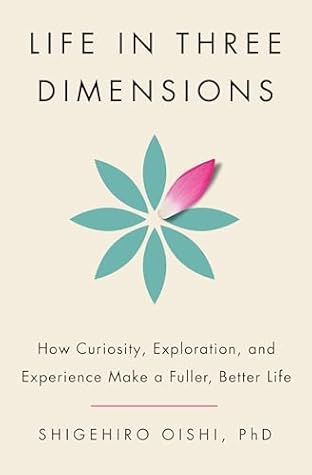Here, Kant defines an aesthetic experience as something greater than the enjoyment of mere sensation but rather the enjoyment of what he calls “reflective judgment,” which involves some gap between sensation and reality and a new mental representation and understanding of an object.
Welcome back. Just a moment while we sign you in to your Goodreads account.


